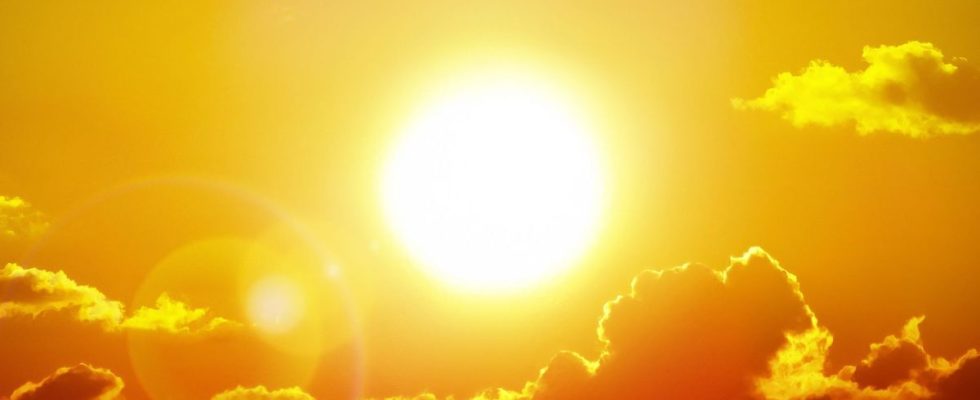Published on
Updated
Reading 2 mins.
A first episode of heat wave was observed in 10 departments of three French regions (Auvergne-Rhône-Alpes, Bourgogne-Franche-Comté and Provence-Alpes-Côte d’Azur) placed in orange vigilance between July 9 and 17. The Alpes Maritimes department has remained on heatwave orange vigilance since the start of the episode. As of July 18, Météo France has placed six other departments on heat wave orange vigilance. In this context, the heat wave and health alert system was triggered. Here are the health indicators monitored during this alert.
The heat wave and health alert system (Sacs) was set up at the beginning of summer 2004, ie one year after the heat wave that affected all of Europe and caused 15,000 deaths in France. This surveillance system makes it possible to monitor the potential health impact of a heat wave on D+1.
Hyperthermia, hyponatremia and dehydration
The indicators monitored are visits to the emergency department and SOS doctors consultations, of all ages, for certain heat-related reasons:
- Hyperthermia/heat stroke: it is characterized by a rise in body temperature above normal values which are generally between 36.5 and 37.5°C. It can lead to neurological disorders, coma or even death.
- Hyponatremia: it corresponds to an electrolyte disorder characterized by a too low proportion of sodium in the body compared to the quantity of water. It may be due to an excess of water consumption without additional sodium intake, which may be the case in the elderly during a heat wave. It causes drowsiness, asthenia, nausea, vomiting, motor slowing, impaired consciousness that can go as far as coma.
- Dehydration: this is a lack of water and mineral salts in the body, essential for the proper functioning of the body. The elderly, infants and people with certain chronic illnesses are particularly at risk.
These three causes are analyzed collectively under the term “iHeat wave indicator”.
The peak in the use of emergency care was recorded on July 11
In a report published on July 18, Public Health France reports an increase in the iHeat wave indicator linked to the high temperatures recorded from July 7, before the activation of the heat wave orange vigilance. The peak in the use of emergency care would have been reached on July 11, followed by a decrease in the indicator but without a return to normal (level observed before the heat wave episode).
Here are some tips to know so as not to get too tired in summer, avoid heat stroke and above all better withstand the heat on a daily basis:
- to drink a lot of water ;
- stay cool;
- eat lightly ;
- dress lightly;
- take lukewarm showers;
- avoid physical exertion;
- be vigilant in case of diseases (kidney, heart and neurological).
The appearance of muscle cramps, headaches, nausea and abnormal fatigue can be signs that the body is overheating. These signs must require immediate protection and the establishment of more important precautions the following days, such as drinking more abundantly. If you feel unwell, call 15.
